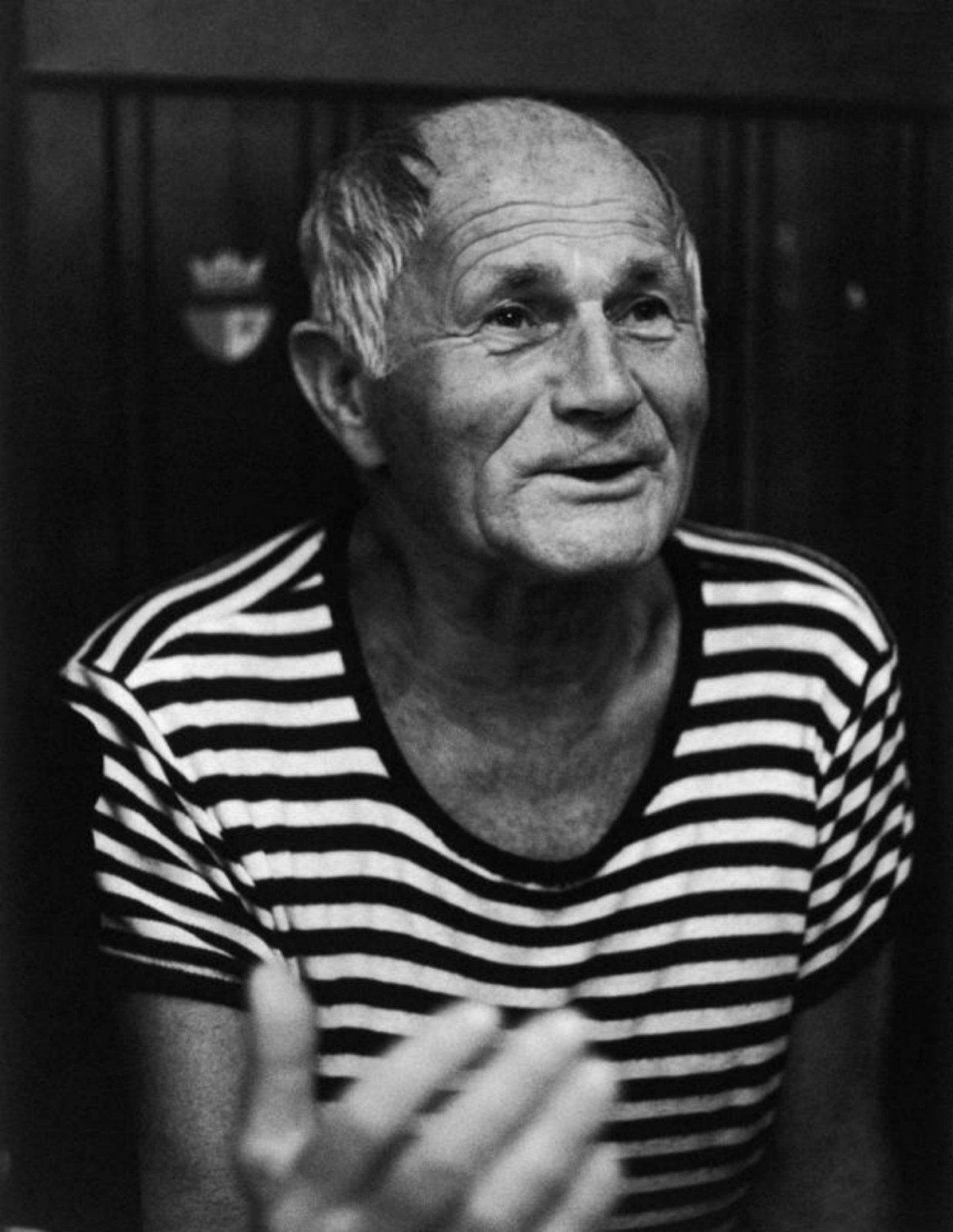Bohumil Hrabal: Unraveling The Enigmatic Wordsmith Who Danced With Pigeons

The Man Behind the Mystery
Bohumil Hrabal, born on March 28, 1914, in Brno, Czechoslovakia, lived a life that was a rollercoaster of emotions, events, and experiences. He studied law but soon abandoned the legal profession to work as a laborer in a chemical factory. It was here that he found inspiration for some of his most celebrated works. His humble beginnings as a blue-collar worker profoundly shaped his perspective and later writing style.
A Pioneering Writing Style
Hrabal's works are often categorized as "stream-of-consciousness" literature. He had a unique way of meandering through his narratives, presenting the inner thoughts and emotions of his characters in a manner that mirrored the way thoughts flow through the human mind. His most famous novel, "Closely Watched Trains," is a prime example of this style. Set during World War II, the novel masterfully weaves a tale of coming-of-age and resistance with a narrative structure that defies convention.
A Fateful Encounter with Pigeons
One of the lesser-known facets of Hrabal's life was his fascination with pigeons. Not just an ordinary fondness, Hrabal once had an encounter with a group of pigeons that left a lasting impact. He was found unconscious after falling from a fifth-floor window while trying to feed some pigeons. This incident, like many other aspects of his life, reflects the curious and unpredictable nature of Hrabal himself.
Banned and Resurgent
Hrabal's works often pushed the boundaries of Czechoslovakian censorship, and some of his books were banned during the Communist era. However, he continued to write and published many of his works abroad. It was only after the Velvet Revolution in 1989 that Hrabal's works regained recognition and acclaim in his home country.
A Distinctive Collector of Observations
Hrabal was known for his penchant for collecting observations and snippets of conversations that he overheard in cafes and bars. He often transformed these everyday dialogues and incidents into rich material for his stories. This ability to capture the essence of ordinary life in an extraordinary way contributed to his unique charm as a writer.
A Life Cut Short
Bohumil Hrabal's life was tragically cut short in 1997 when he fell from a hospital window. This abrupt end only adds to the mystery surrounding this fascinating literary figure. His books, however, continue to live on, resonating with readers for their innovative narratives, vivid characters, and a unique lens through which Hrabal viewed the world.
In the world of literature, Bohumil Hrabal remains an enigma, a writer who effortlessly danced between the mundane and the profound. His unconventional storytelling and remarkable life serve as a reminder that sometimes it's the lesser-known figures who leave the most indelible mark on our literary heritage.
originally published on Den.Social
https://den.social/l/book/dYmCoJPGDO/bohumil-hrabal-unraveling-the-enigmatic-wordsmith-who-danced-with-pigeons/?ref=c7adaafdf39c4fadac076d0db00b64a4



![[LIVE] Engage2Earn: auspol follower rush](https://cdn.bulbapp.io/frontend/images/c1a761de-5ce9-4e9b-b5b3-dc009e60bfa8/1)







































